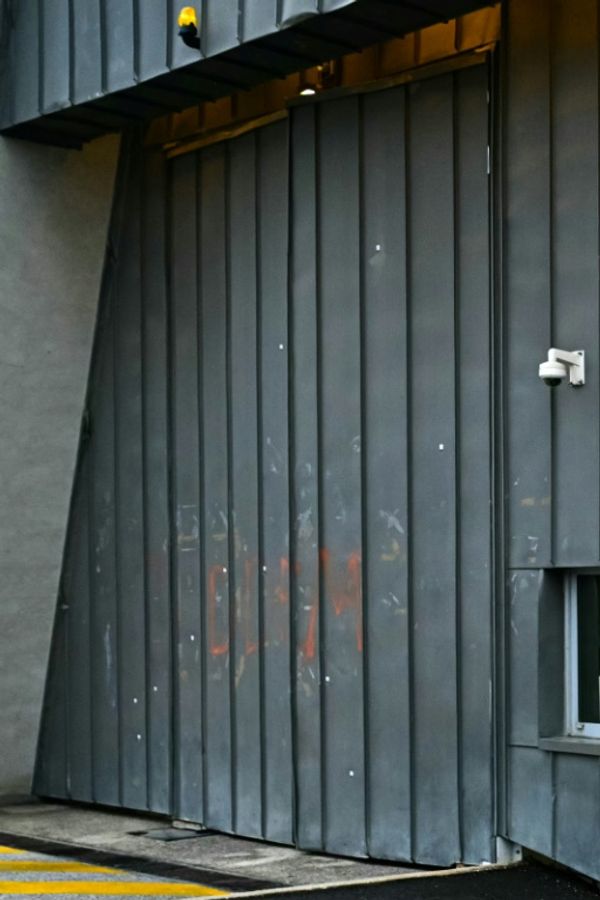The Supreme Court on Thursday called for a “pan-India mechanism” to determine whether political vendetta or vindictiveness is a motive behind the Union government unleashing the Enforcement Directorate (ED) on officials and Ministers in Opposition-ruled States, and States then retaliating by arresting the central agency’s local officers.
A Bench of Justices Surya Kant and K.V. Viswanathan said that Tamil Nadu should be the testing ground for the implementation of such a mechanism.
Also Read | The authority of ED and usage of PMLA
The Bench expressed concern about the fate of the country if States and central agencies engaged in a vindictive game of one-upmanship by filing cases and arresting each others’ officers.
Tit-for-tat
“The ED and CBI [Central Bureau of Investigation] have detachments across India. They have officers in every State… We are not saying you [ED/CBI] are vindictive or they are vindictive. But suppose, in a given scenario, if there is some vindictive action from their side as a tit-for-tat for what they perceive as a vindictive action from your side - if this goes on and on, what will happen to our federal set-up? What will happen to our country?” Justice Viswanathan asked.
The court was hearing a petition by the ED, represented by Solicitor-General Tushar Mehta, complaining that Tamil Nadu was not sharing details of its investigation into FIRs and complaints against Ministers, officials, and others in the State in cases of corruption, illegal sand mining, and disproportionate assets, among others. The ED has also sought the transfer of a case of bribery against its officer, Ankit Tiwari, from the Tamil Nadu Directorate of Vigilance and Anti-Corruption (DVAC) to the CBI. He was allegedly caught accepting ₹20 lakh from a doctor in Dindigul.
Senior advocate Kapil Sibal, and Tamil Nadu Additional Advocate General, senior advocate Amit Anand Tiwari, countered that the Centre was using the ED to “target” only certain non-BJP-ruled States. They alleged that the federal structure of the country has been jeopardised by the political vindictiveness on display.
‘Punish guilty; avoid vindictiveness’
“We should explore a fair and transparent mechanism or a body which will look into the inter-State ramifications, especially when different parties are at the Centre and States, and keep intact the object of punishing the guilty while preventing vindictive arrests… Unless that is evolved…” Justice Viswanathan said orally.
The court said that the mechanism should also ensure that the accused in genuine cases filed by the ED do not go scot-free by crying “political vendetta”.
Also Read | Supreme Court upholds powers of arrest, raids, seizure under PMLA
“Allegations and counter-allegations of political vendetta cannot be evolved as a paradise for those who are corrupt… There should be some mechanism for screening, with a view to eliminate the apprehension of so-called or actual political vendetta… We cannot allow wrongdoers to go scot-free. The ultimate objective is a fair investigation… We can start with Tamil Nadu and then apply it to all the States,” Justice Kant observed.
Justice Viswanathan said that the Centre and Tamil Nadu need to consider this case only as a “trigger to evolve best practices… This kind of friction in a quasi federal set-up will cause hurt”.
‘T.N. not sharing info’
Mr. Mehta said that the State of Tamil Nadu need not be bothered when the ED registers cases against individuals who happened to be senior Ministers. “If there is a vindictive arrest by the ED, there are courts. Courts are intervening in such cases,” the Solicitor-General submitted.
Also Read | Explained | The functioning of the Enforcement Directorate
He pointed out that the ED would take cognisance of a case only if the predicate offences were scheduled in the Prevention of Money Laundering Act (PMLA). “Once we take cognisance, it is a statutory mandate under the PMLA that the agency, State or central, investigating the predicate offence, share all the details of the case with us. That is the system. Tamil Nadu is not sharing anything with us. The website showing the FIRs is blocked… We have been forced to come to the Supreme Court. Here, the State is opposing us and not the accused involved in the money-laundering cases,” Mr. Mehta contended.
“The statute [PMLA] gives the ED unbridled power to raid and arrest,” Mr. Sibal countered.
The court issued notice to Tamil Nadu in the case, which will be listed after two weeks.







